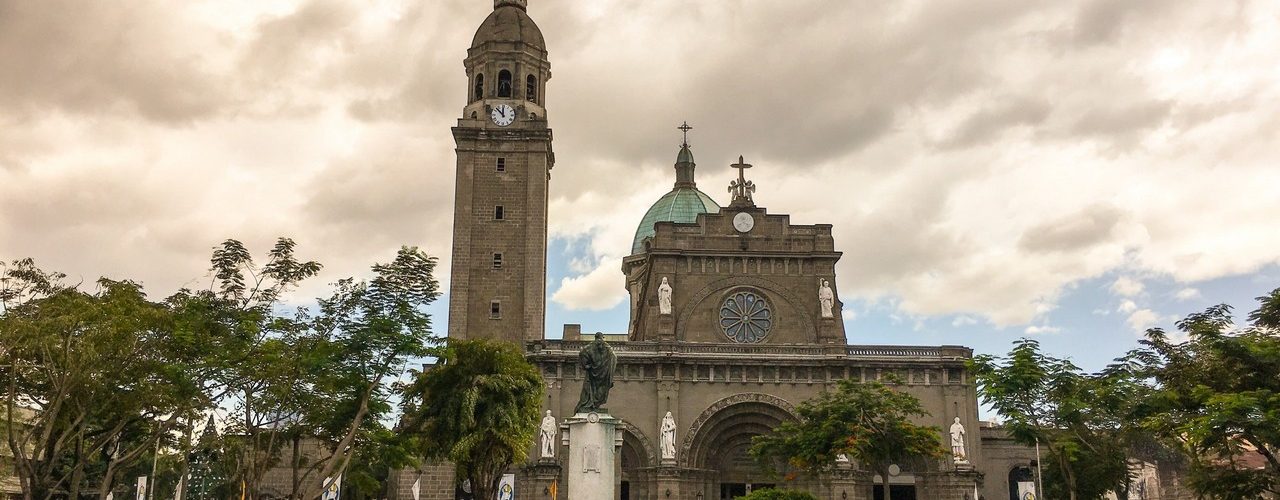- Implementation of VAT on Digital Services: The Philippines has introduced a VAT framework for non-resident digital service providers through Republic Act No. 12023, which includes a 12% VAT on digital services consumed within the country. The law aims to streamline compliance for both domestic and foreign providers, enhancing tax revenue from the growing digital economy.
- Registration and Reporting Requirements: Non-resident digital service providers must register through a simplified system established by the Bureau of Internal Revenue (BIR), with the VAT on Digital Services (VSD) portal expected to facilitate this process by April 1, 2025. The BIR will also enforce a reporting regime that mandates providers to charge, collect, and remit VAT on B2C transactions while implementing withholding for B2B transactions.
- Equalizing the Tax Landscape: The new VAT regulations aim to level the playing field between domestic and foreign digital service providers, addressing the VAT gap caused by non-compliance among foreign entities. By simplifying the registration and reporting processes, the government expects to enhance compliance and increase VAT-related revenues from the burgeoning e-commerce sector.
Source 1stopvat
Latest Posts in "Philippines"
- Kiko Barzaga Proposes Abolishing 12% VAT for Greater Financial Freedom in the Philippines
- VAT Reduction to 10% Risks Fiscal Deficit, Benefits Wealthy, Warns Philippine Finance Department
- BIR Collects P2.8B from Digital Services VAT, Exceeds Compliance Expectations with 371 DSPs Registered
- BIR Falls Short of VAT Collection Target by P6.37 Billion in First Seven Months
- Philippine Court Clarifies Input VAT Refunds for Zero-Rated Sales in Electricity Sector Case















